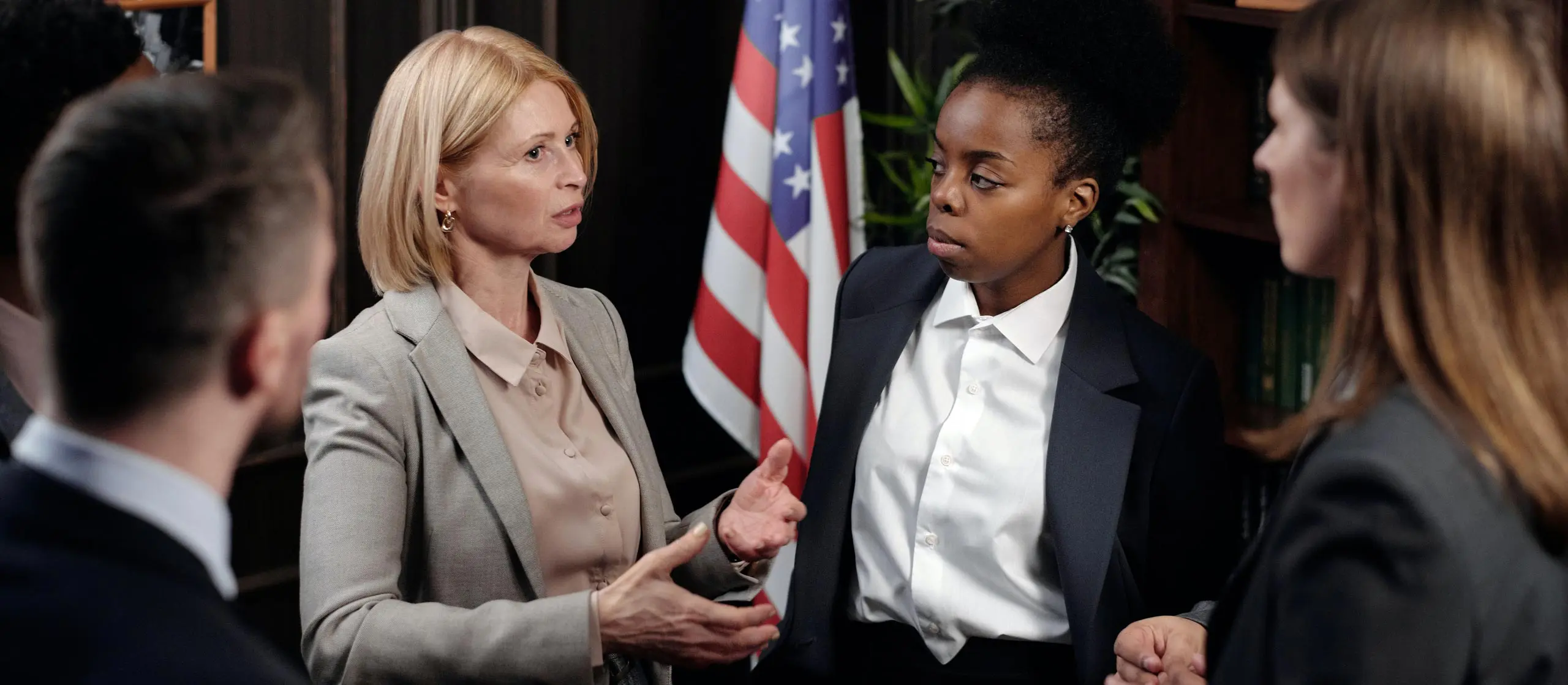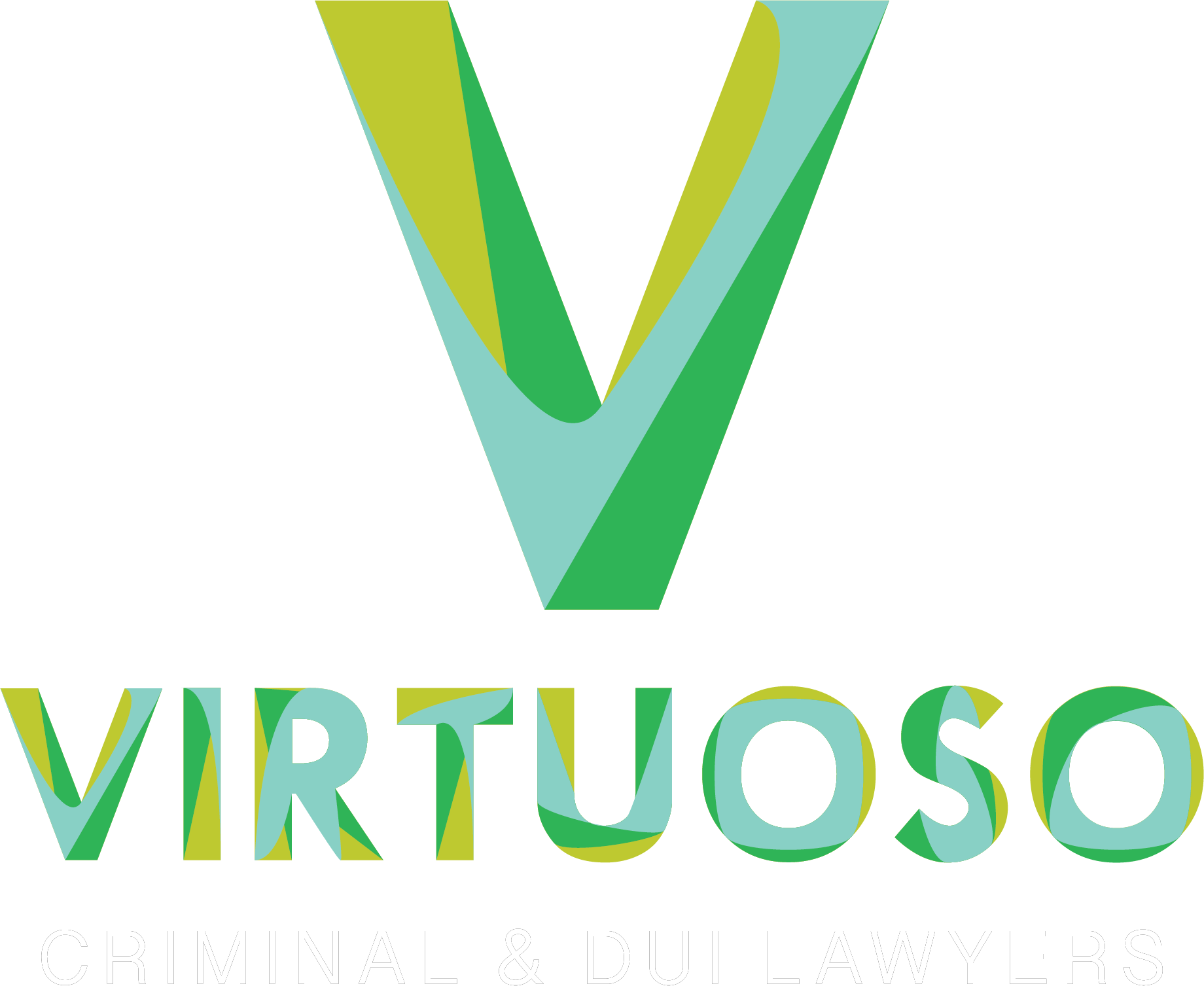PC 273d Child Abuse
Penal Code 273(d) Child Abuse Laws in California
It is a crime to wilfully inflict cruel or inhuman corporal punishment on a child. Under California Penal Code section 273(d) (PC273(d)), this offense is known as child abuse.

How Can I be Convicted of Violating California’s Child Abuse Laws?
Under California Penal Code 273(d) you will be accused of violating section 173(d) of the Penal Code if the prosecution can prove, beyond a reasonable doubt, that:
- You wilfully inflicted cruel physical punishment and/or an injury on a child;
- The punishment and/or injury caused a traumatic physical condition to the child AND
- You were not reasonably disciplining the child.
Such acts of child abuse include but are not limited to: hitting, punching, burning, kicking, choking, or tying up a child, or shaking up a baby.
Examples:
- Ricky burned his four-year-old toddler with hot water for disobeying him.
- Maritza chains her 8-year-old daughter to a bed post and starves her for multiple days as a form of “time-out.”
- Saul lashed out in anger and beat his teenage son with a broom stick for staying out past his curfew.
A closer look at California Penal Code 273(d)
What is a traumatic physical condition?
A traumatic condition is any wound or bodily injury caused by direct application of physical force that requires immediate medical attention. A punishment and/or injury causes a traumatic experience if:
- The traumatic condition was a natural consequence of the punishment or injury,
- The punishment and/or injury was a direct factor that caused the injury,
- The traumatic condition would not have happened without the punishment and/or injury.
A natural and probable consequence is one that a reasonable person would know is going to happen if nothing unusual intervenes Consider the following example:
Nina and her daughter, Isabelle, are at Disneyland. Nina tells Isabelle to wait for her at a near- by bench while she goes to the bathroom. Isabelle disobeys Nina and runs off when she sees her favorite Disney character walk past her.
When she finally finds Isabelle, Nina angrily pushes her to the ground, she falls back, and lands on her arm. She is rushed to the emergency room where they learn that her arm is broken.
Although Nina only intended to push her, she caused a traumatic physical condition when her arm broke. This is considered child abuse.
Reasonable discipline
Is spanking considered child abuse?
Spanking is not considered child abuse if it is for disciplinary purposes AND it is not excessive under the circumstances. This exception applies to spanking that occurs with a bare hand and spanking with an objects such as a belt or a paddle. Keep in mind that is is a controversial area and a jury has the power to decide whether spanking with a bare hand or an object was excessive.
What is California’s mandatory report laws?
Under California law, certain professions are required to have mandated reporting laws. Penal Code 11165.7 defines “mandated reporters” to be child care providers, law enforcement, medical professionals, mental health professionals, and educators.
Penalties for Violating California’s Child Abuse Laws
Is child abuse a misdemeanor or felony?
Child abuse is a “wobbler” offense in California. Which means that depending on the circumstances of the event, it may be charged as either a misdemeanor or felony. Child abuse is commonly charged with other offenses, such as child endangerment [web link] and child neglect [web link]. The prosecution’s discretion to charge child abuse as a misdemeanor or felony will depend largely on the circumstances of the offense and your criminal history. Felony charges are more likely to arise when the abuse is particularly cruel, serious injuries are sustained, or the defendant is a repeat offender of child abuse or of related offenses.
A violation of PC 273d as a MISDEMEANOR is:
Up to one (1) year in county jail and/or a fine of up to six thousand dollars ($6,000)
A violation of PC 273d as a FELONY is
A maximum of six (6), four (4), or two (2) years in prison and/or a fine of up to six thousand dollars ($6,000).
Enhancements:
Any person with a prior felony child abuse offense can face up to four additional years of imprisonment if the second offense occurs within a period of ten years.
Conditions of probation for Child Abuse
If probation is granted, the court requires the following minimum conditions:
- A minimum probation period of three years (36 months);
- A criminal court protective order, or if appropriate, residence exclusion or “stay-away” conditions will be imposed.
- Successful completion of no less than one year of a child abuser’s treatment counseling program
- Abstain from drug usage and subject to random drug testing if the child abuse was committed under the influences of drugs or alcohol.
The terms of the probation cannot be lifted, but it also cannot be extended beyond its terms. However, the court may waive any of the above conditions of probation if it found to not be in the “best interest of justice”.
Defenses to Child Abuse in California
As with all criminal cases, a child abuse charge is often based on the statements of the witness. It is always a possibility that the witnesses could be exaggerating or even lying. Such false claims can arise in a dysfunctional family or household, or thy can arise between two parents who are involved in a child custody battle. Sometimes false accusation arises out of anger, revenge, or as “punishment” of a former partner. A successful defense attorney should always explore the possibility that you have been falsely accused.
A child abuse charge, like any criminal case, can only be proven when the relevant witnesses are found to be credible. As previously mentioned, if a witness has a certain bias against you, or a motive to falsely incriminate you, then this should be explored during cross-examination to support a defense that you have been falsely accused. Similarly, if a witness’ account lacks any physical evidence, or if the physical evidence contradicts them entirely, then this can also support a defense that you have been falsely accused. Inconsistent statements, or demonstrated problems in a witness’ memory, can also support a “false accusations” defense in a child abuse case. All of these areas should be investigated thoroughly during the defense of a child abuse charge.
Sometimes the injuries of a child will be sustained by something other than abuse. For instance, the injuries may have resulted from bullying or from a fight at school, and the child might be too afraid to tell anyone. This can lead to a well-meaning person or a mandated reporter, such as a teacher or social worker, to report suspected child abuse. Mandated reporters could face misdemeanor chargers if they do not report suspected abuse, which leads to an immense amount of pressure to report any suspicion of “abuse”. This may arise a defense against child abuse charges and can demonstrate that the defendant is being unfairly prosecuted.
Most state laws do not punish accidents.
For example: Encouraging a child to speed up on their roller blades, which then causes them to fall and hurt themselves would be considered an accident.
As mentioned before, the defendant must have acted “willfully” to be convicted under PC 273d. Injuries that are accidental should not result in a conviction
Clips of Counsel: Watch and Learn
“Daniel Vaswani, lead attorney at Virtuoso Criminal and DUI Lawyers, explains the complicated process of a DUI arrest and the importance of hiring the right lawyer.”
“Attorney Joe McPeak from Virtuoso Criminal and DUI Lawyers discusses important defense strategies for domestic violence cases.”
“Discover how speaking with an attorney just days before your court date can dramatically impact your chances of release.“
We are Available



